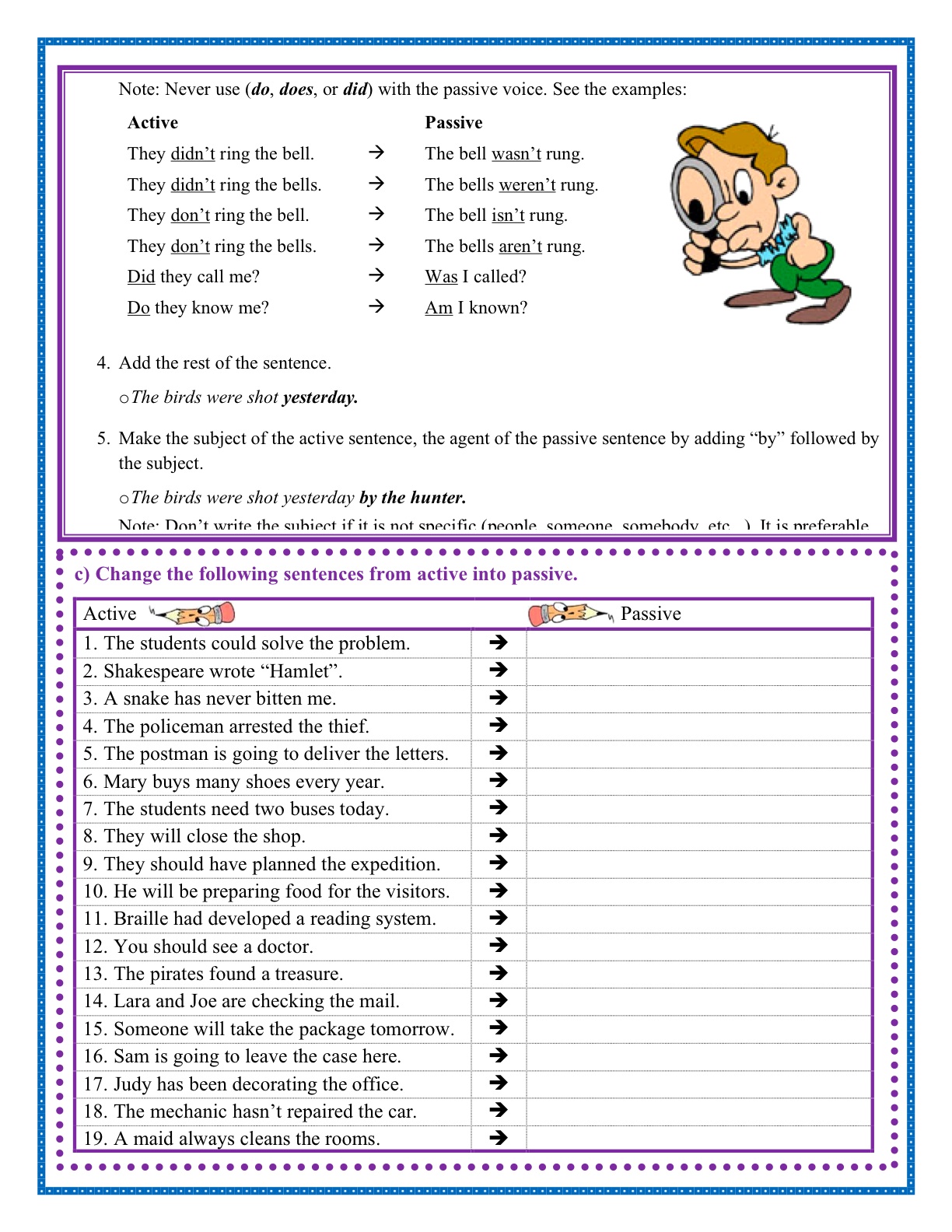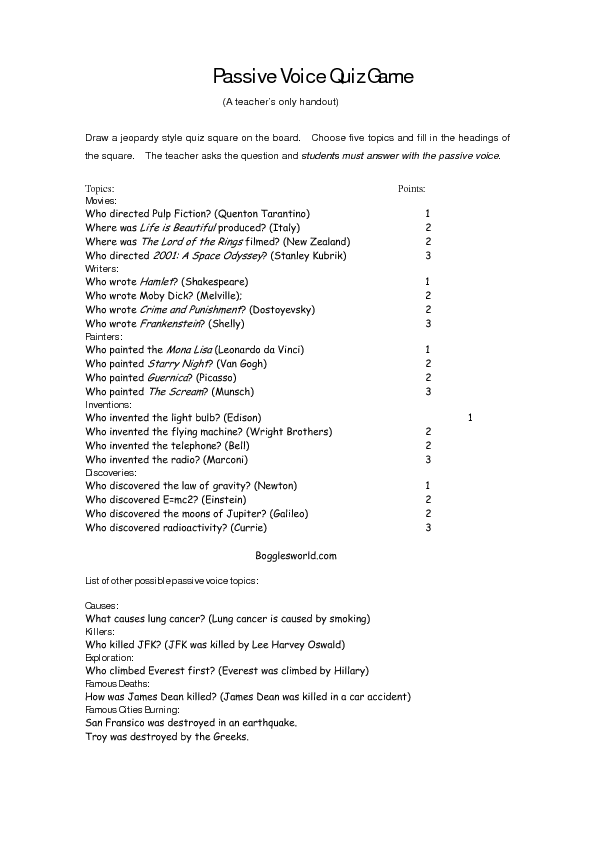
It means that the stopped functioning was because of some internal reason (not some external reason caused by somebody/something else, such as somebody causing damage). That's because "break down" in the meaning of "stop functioning" is intransitive, as Kirk mentioned. If my modem weren't broken down by (somebody). However, it doesn't make sense to say e.g. Passive voice often gets criticized as a weak and evasive form of expression. is not a passive is that with the passive, we can optionally add "by" to show who did the action, e.g. The passive voice is often distinguished by its use of a linking verb form (e.g., was, had been) followed by another verb in its past participle form (e.g., 'I have been given an opportunity'). The word "broken down" exists as an adjective (see this Cambridge Dictionary page - here, it is hyphenated as "broken-down" because the dictionary describes its use before a noun).Īnother way we know that If my modem weren't broken down. The third conditional is needed because we are imagining an unreal past action.Ībout option B, as Kirk mentioned in his comment, it is not a passive structure, even though the structure looks identical to the passive: weren't broken down (be + adjective). (see this page for more about the third conditional). However, it would need to be a third conditional here: If my modem hadn't broken down. It's a good idea to consider the conditional structure. When he got home, he found that his flat had been burgled.ĭo this exercise to test your grammar again. Oranges have been grown here for centuries. TenseĪlioli is made from oil, garlic and salt. Here are examples of the passive in its most common tenses.


Only the form of be changes to make the tense.

It is not always necessary to add who or what did the action. We make the passive using the verb be + past participle.


 0 kommentar(er)
0 kommentar(er)
